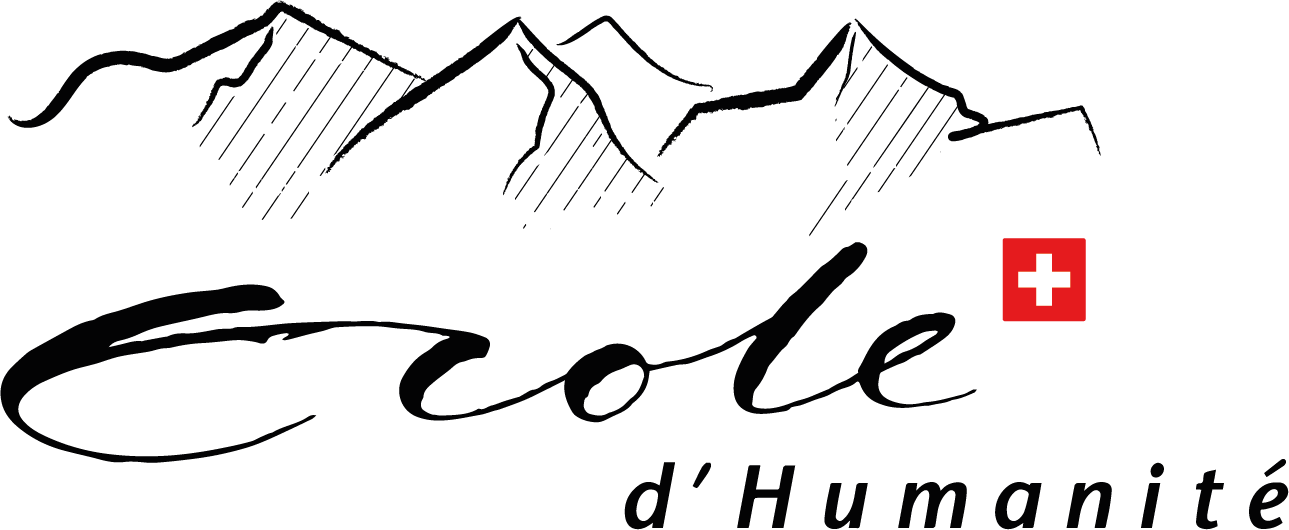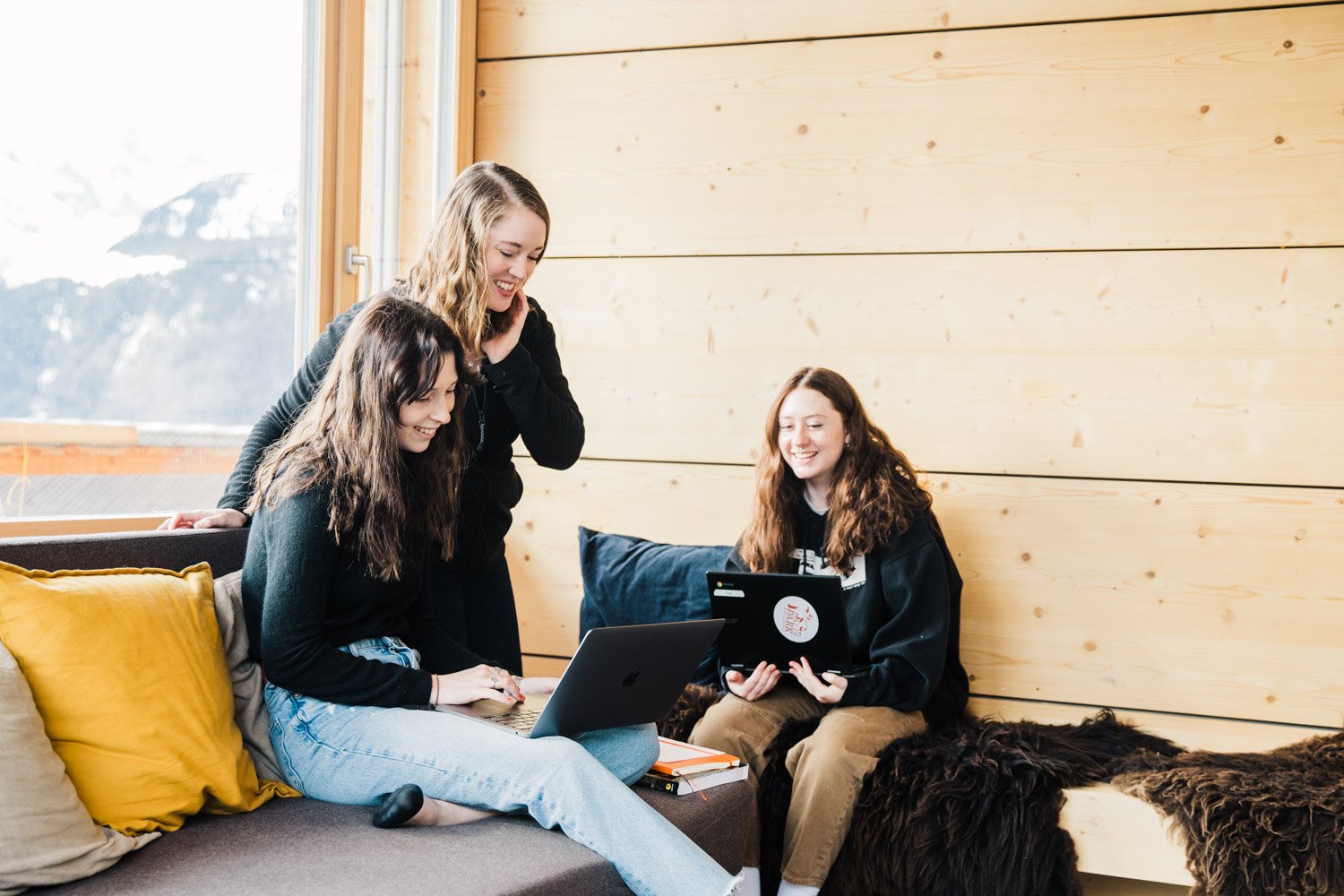What does a University + College Advisor DO?
University + College Advisors: What do They Do?
Many high schools all over the world employ university advisors to help guide students toward their path beyond high school. Our titles vary, from “university advisor” to “college advisor” or “guidance counselor”, but our goals remain the same: to support students in the transition from high school to whatever lies beyond, whether that’s a career, university, or gap year.
For most of us, our work begins with students around age 15, plus or minus a year or two depending on the country where the high school is located. The focus at the start of our work is helping students to identify what they are good at, what they like, and what success means for them. We encourage students to reflect, apply themselves in the classroom, and pursue activities outside of school about which they are passionate, without regard to “what looks good” on an application or resume. Do what you like, what you’re passionate about, or do what you have to do to support your family, whether taking care of your siblings or working a job, but do it with your whole self and your whole heart.
University + College Advisors Help Students Set Goals
From there, we begin to ask students further questions: What are your goals? Your dreams? With your definition of success, how should you move forward to reach it? We spend a lot of time listening, hearing what students say and helping them to determine how their talents and wishes translate into a meaningful career and life, then working with them to figure out how to move from where they are now to what they see as their future. We also have an eye on their academic credits in school, ensuring that students are taking advantage of the opportunities that exist within their high school and are pursuing the best courses available to prepare them for this career.
Once the path (or paths, if multiple exist) have been determined, university work can begin. Because requirements for admission vary so deeply - between countries, courses, public and private institutions - we work to help students navigate and understand the processes ahead of them, and to gather necessary materials. We help organize letters of recommendation, edit personal statements and letters of motivation, and keep track of various processes, portals, and logins. We also aim to manage expectations for students, both of themselves and of the universities they are pursuing and help them to have perspective throughout the process. When students are admitted, we celebrate with them, and when they are not, we support them until they are ready to find a new plan. We also communicate regularly with university admission representatives, facilitating visits to our campuses and understanding the scope of the applicant pool each year with the aim of simplifying the process for both students and admissions offices.
Often, we are also able to support students in completing financial aid applications, particularly for institutions in the United States where the cost of the university continues to skyrocket. This might mean helping a student complete the FAFSA, the federal financial aid application, or something like the TASFA, a parallel financial aid process for undocumented students in the state of Texas. We are often also able to support with the CSS Profile, other university-specific applications, or scholarship applications, which range from very intricate and complex to one simple online form.
University + College Advising in Switzerland at the Ecole d’Humanité
The Ecole d’Humanité is a university and college-prep boarding school in Switzerland. We offer university and college advising services to all students. Our in-house university and college advising program helps students at the beginning of their high school careers. It also supports seniors through the university application process.
In the Fall and Summer terms, afternoon college prep classes are offered to any student interested in exploring their goals and creating a plan for future success. In the later years of high school, college prep classes are mandatory - all juniors and seniors in the American high school program at the Ecole d’Humanité enroll in our university and college prep program.
The goal of our university + college advising program is to help students make a personalized plan for life after graduation from the Ecole. But we go further than that. We help students execute their graduation plans. We walk our students through every step of the university application process - from the very beginning stages of figuring out what fields of study they’re interested in, to the final stages of acceptance to university - picking a dorm or even making travel plans to their future university!
As part of our college-prep program, students meet for university and college prep classes once a week where they discuss their goals, reflect on their strengths and passions, define their own personal metrics for success, and, most excitingly, dream about their futures. With the help of our dedicated university advisor, our students begin forming a personalized plan for their future that reflects their personal goals, ambitions, values, and ideas about success.
High school seniors meet with our university and college advisor every week during application season, and every student may request a meeting at any time. In these meetings, our university and college advisor helps our students take action on their future plans.
A Best Fit Model for University + College Advising
We follow the “best fit” university advising model, which aims to help each student find the university to which they are best suited, without specific regard to rankings or perceived prestige. We are also beginning our implementation of MaiaLearning, which allows students and staff to track deadlines, search for universities, and document plans, which empowers students to manage their own journey beyond high school, wherever they go.
University counselors have a simple goal: To help every student they work with find the path forward from high school that fits best with their goals. Ultimately, we want our students to feel seen, heard, and understood, and hope to use our skills and knowledge to ease the transition into the next phase of their lives.




